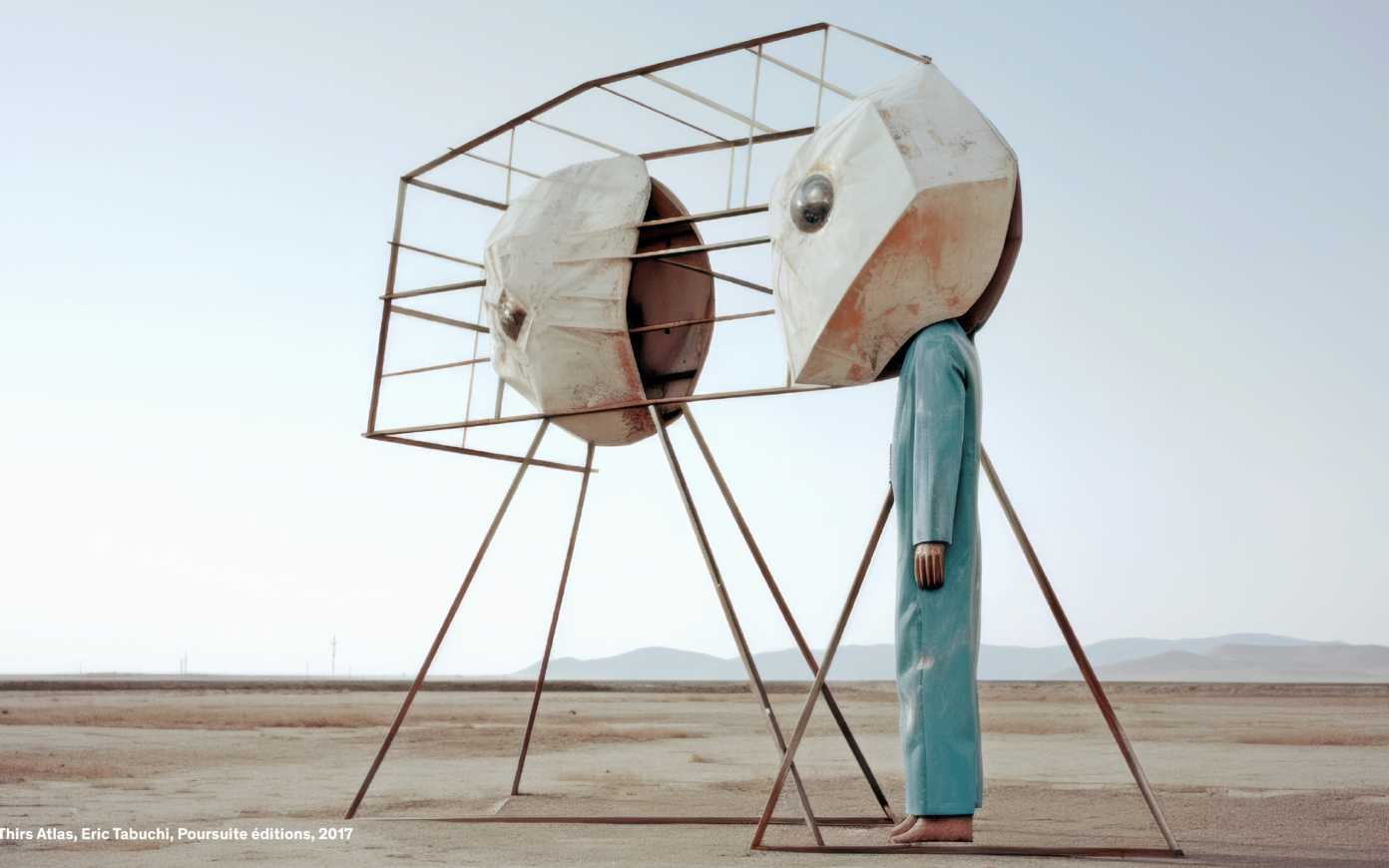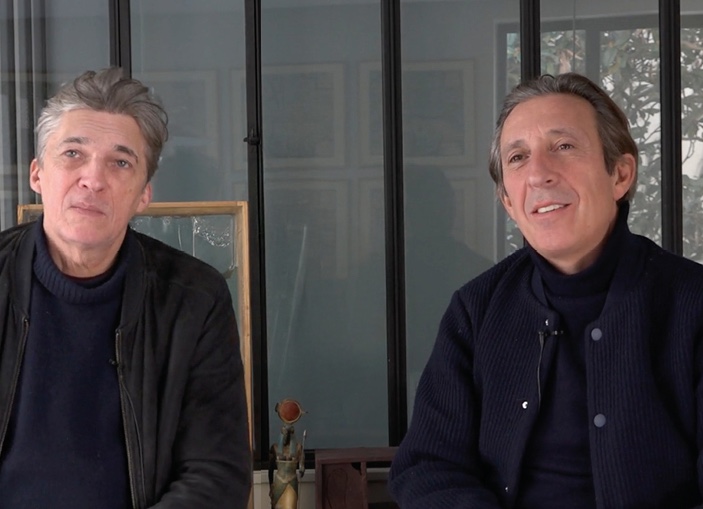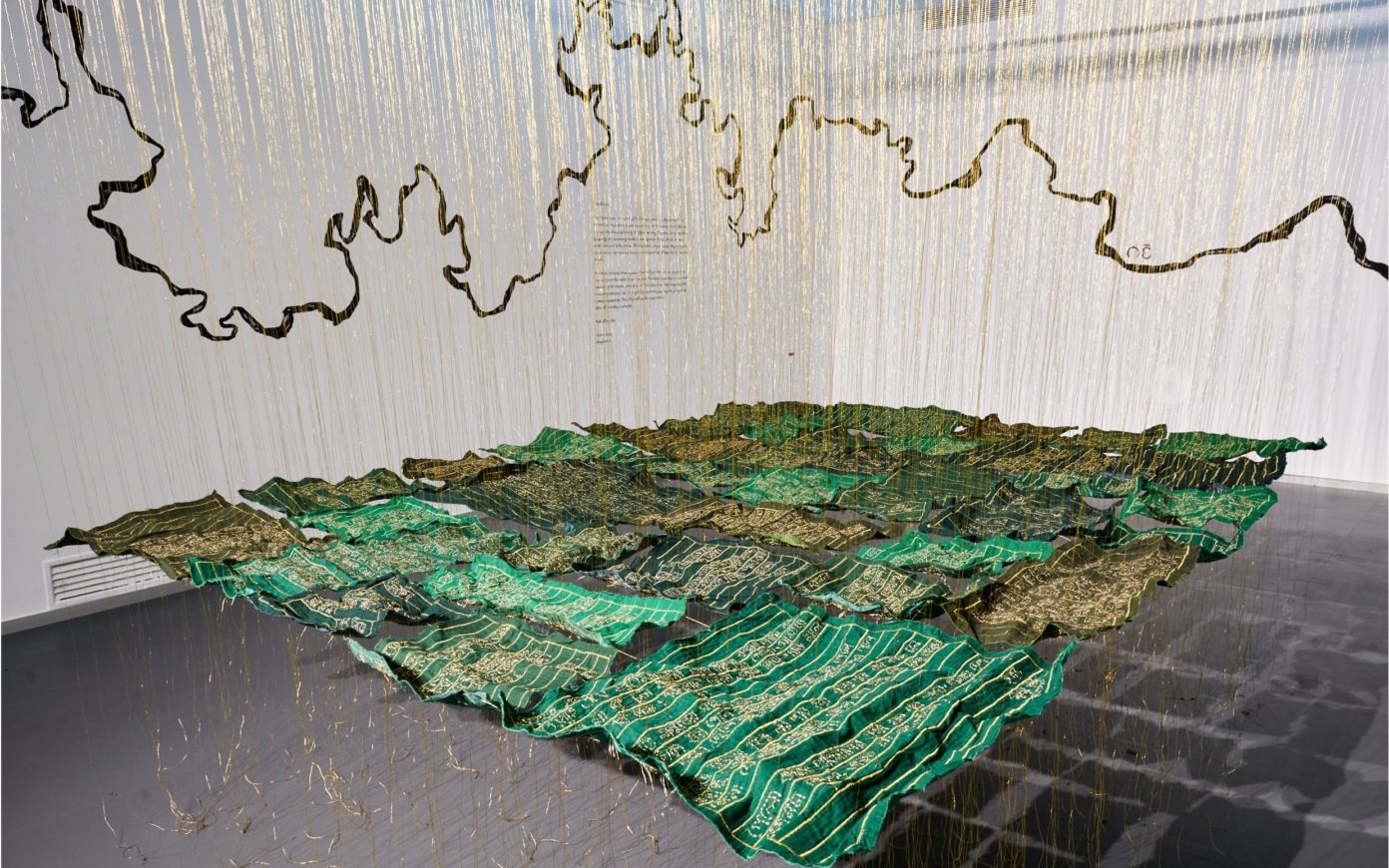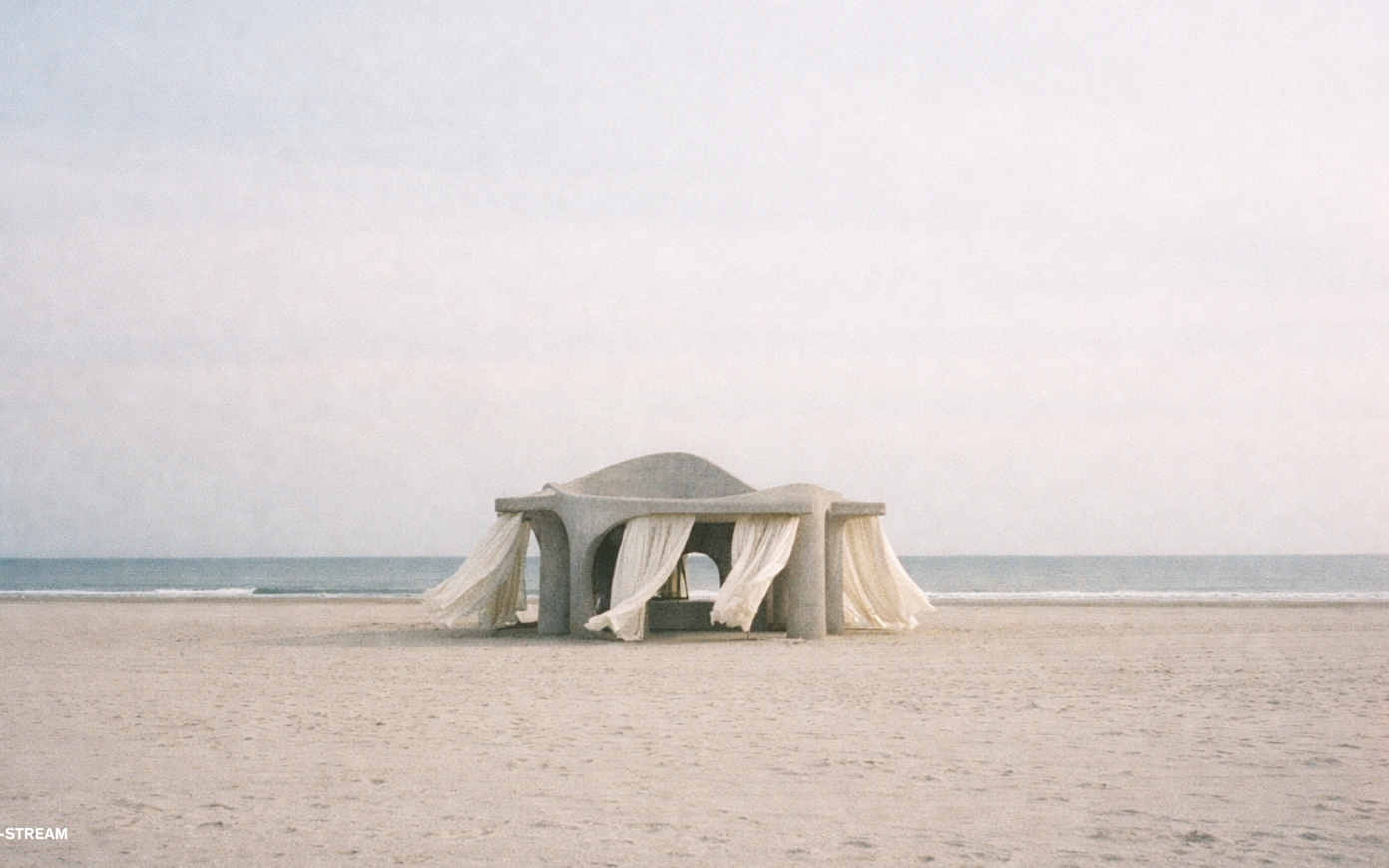Streamovie

- Publish On 25 April 2017
The 21st century marks the beginning of a new era in human history : the anthropocene. The sum of our activities is now upsetting the geophysical balance of our planet. Urbanization is increasing exponentially. At the same time, alarm bells are ringing the world over, calling upon us to reduce our environmental footprint, preserve our natural resources, and protect biodiversity.
We must urgently reinvent the way we live in our homes, construct our buildings, and move around, as well as shift towards cleaner energy sources. Such a complex challenge must marshal every single field of human knowledge. PCA-STREAM investigates the work of researchers, thinkers, and creators in order to invent new ways of making the city.
Our firm is a creative and open ecosystem and this cross-disciplinary research informs our design processes. Together, we imagine ways to respond to these changing lifestyles and working patterns in order to anticipate the architecture and the city of tomorrow.
-
Realisation : Daphné Bengoa
Production : Gedeon
Original music : Alexandre Desplat
Shootings : Daphné Bengoa / Mahema Production
Archives : Après Production / Chris Saunders / PCA-STREAM
Special contributors : Yuri Ancarani / David Benjamin / Philip Bloom / Michel Bost / Blake Carrington / Gilles Coudert / Matt Henry / Hajime Koyasu / Ange Leccia / Jen Lowe / NATS / Chris Pritchard / Julien Prévieux / Eric Raum
All rights reserved 2017 © GEDEON - PCA-STREAM




